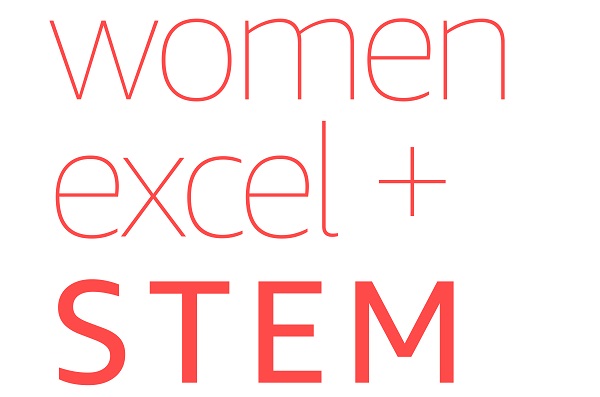
Girls in Tech Luxembourg has announced its rebranding to WeSTEM+ (Women Excel in STEM), in light of the news of the imminent closure of the US-headquartered non-profit organisation Girls in Tech.
Earlier this week, Girls in Tech officially announced its decision to cease operations after seventeen years due to a lack of funding. Aware of the financial difficulties and risks already a few months ago, the Luxembourg chapter took the strategic decision to start rebranding. Co-managing directors of Girls in Tech Luxembourg, Vasiliki Moschou and Patrícia Souza, and their colleague Alexandra Nastase (Data and Research Manager), have now co-founded WeSTEM+.
After two years of fostering talents and innovation within the technology sector under the umbrella of the global brand Girls in Tech, the Luxembourg-based organisation is expanding its mission to support women and other underrepresented groups across all STEM (science, technology, engineering and mathematics) fields. The goal is to create a more inclusive community through enhanced programmes and events, while strengthening partnerships to create more opportunities.
Commenting on the news, Vasiliki Moschou said: "I am incredibly proud of what we have achieved over the past two years. WeSTEM+ represents not just a change in name but a bold affirmation of our commitment to innovation, inclusivity and excellence. We are seizing a fantastic opportunity to showcase to our community the incredible potential we all have when we come together."
Speaking to Chronicle.lu, Patrícia Souza and Alexandra Nastase elaborated on how the uncertainty at Girls in Tech headquarters in recent months had led the Luxembourg chapter to weigh the risks. They ultimately decided to start rebranding even before the closure was set in stone - a decision that paid off, as "three weeks later, they [Girls in Tech] confirmed they would be shutting down". By then, the co-founders had already had time to brainstorm possible names, back up software and get a head start on their strategy.
Due to the extra workload and the need for volunteers who are more "autonomous" and "hands on" (and who wished to continue beyond the Girls in Tech brand), the team has gone from 45 volunteers at Girls in Tech Luxembourg to 36 volunteers at WeSTEM+.
In terms of opportunities brought by the rebranding, Patrícia noted that they were now less restricted geographically and they could choose a more inclusive name. For her, the name "Girls in Tech", whilst an established brand, had always seemed "very exclusionary" (in terms of references to gender, age and field). As indicated by the "+" symbol in its name, WeSTEM+ focuses on women but also aims to represent the LGBT+ and BAME (Black, Asian and minority ethnic) communities, among other underrepresented groups.
Patrícia added that WeSTEM+ is "now more able to discuss opportunities in other countries", while respecting existing relationships with other Girls in Tech chapters "with whom we are collaborating to maybe create a global alliance". About 20 chapters are currently discussing this possibility, although the idea is still "in its infancy". Whilst some Girls in Tech chapters are at varying stages of their rebranding journey, others are considering ceasing operations altogether.
Elaborating on the programmes offered by WeSTEM+ in Luxembourg, Alexandra explained that the organisation would build on the success of programmes such as the BI (business intelligence) Academy which helps non-technical women transition into IT. The main focus of future programmes will be data and artificial intelligence (AI), with the idea of building programmes that replicate real working environments and help participants enter the market. For this, they can rely on a team of data professionals, scientists, engineers and analysts, as well as BI developers. Alexandra added that it was important to find volunteers who put the community first and want to help other women. "We all have a purpose, […] something that brought us together," she said.
Among the target groups are children and teenagers, with WeSTEM+ planning to raise awareness in schools and help empower girls to pursue a STEM career if they so choose. "We need to start early, especially with girls," noted Alexandra. The organisation will also work on understanding - and trying to slow down - the trend of women over the age of 35 leaving tech roles. The success of such efforts will also depend on building new partnerships, for example with companies.
WeSTEM+ will announce upcoming events and programmes on its new website (https://we-stem.org/) and on social media (@WeSTEM). Current and prospective members, partners and supporters are invited to reach out and join the new organisation, which relies on volunteers and donations (sponsorship).








